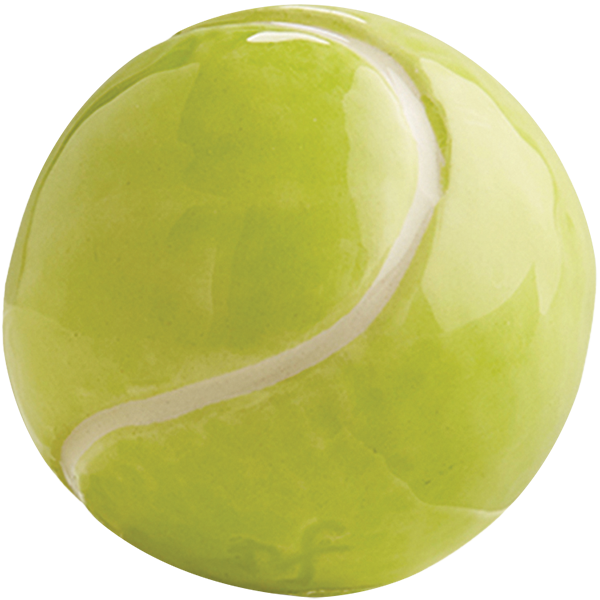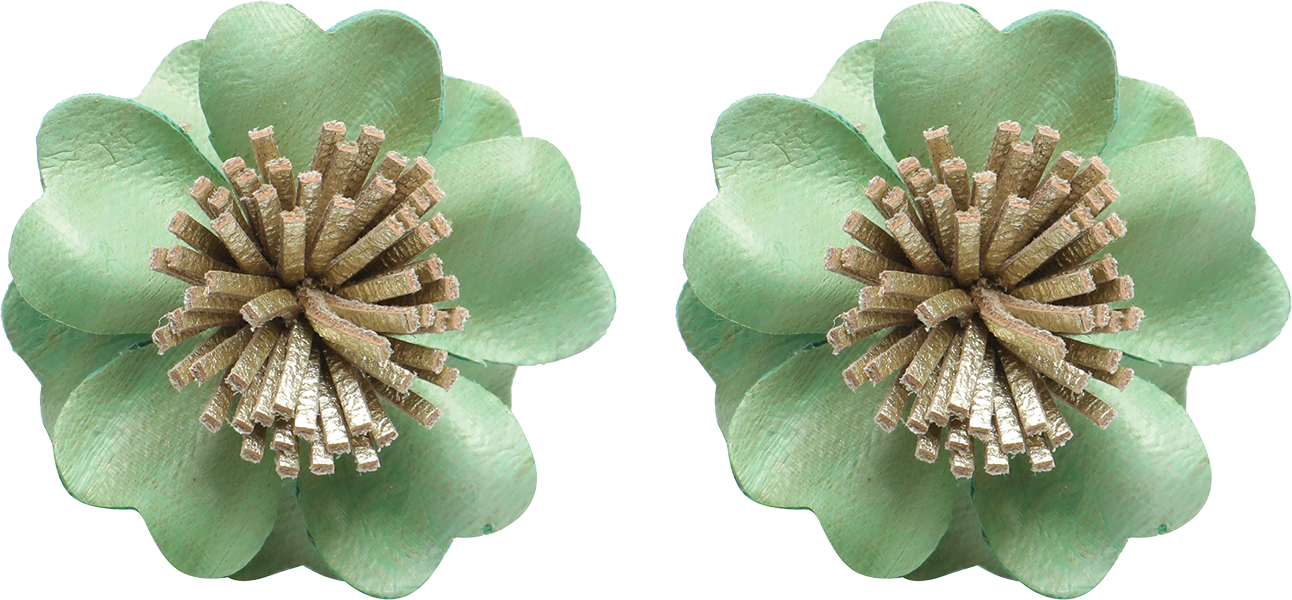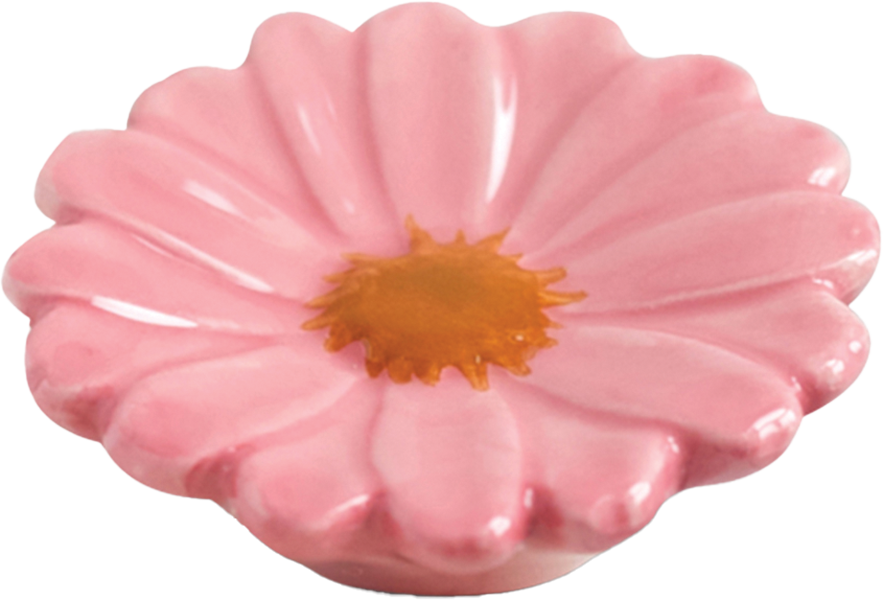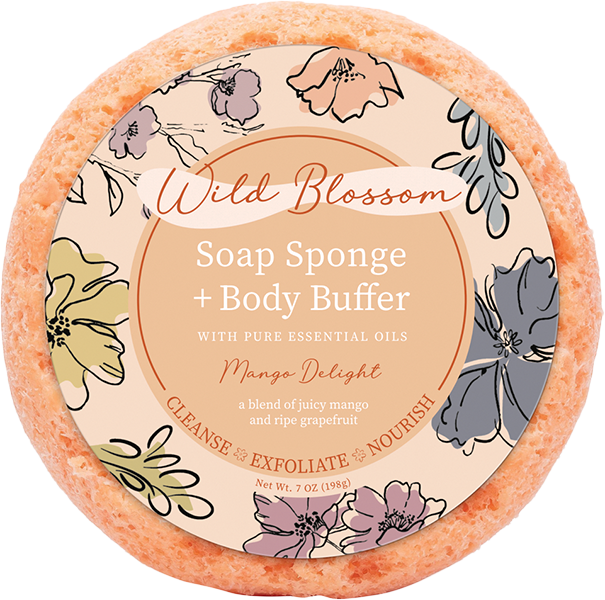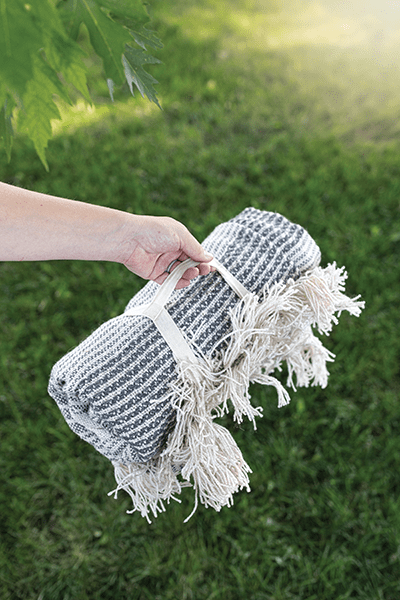Good, Clean, Fun
Scents and Sensibility
While we tend to rely on our eyes and ears to survive, our sense of smell is certainly important. It plays a vital role in our quality of life—the smell of a blooming flower on a beautiful spring day, the aroma of a freshly baked cake—and warns us of impending dangers—think smoke, spoiled milk and poisonous gases. And yes, just like other animals, it helps us identify partners.
Ever wonder how our sense of smell works? Olfaction, or the sense of smell, is derived from the olfactory nerve, which is responsible for odor perception. Our sense of smell is so powerful that the average human being can detect approximately 10,000 different odors.
Mary Ellen Lapsansky is executive director of The Fragrance Foundation, a nonprofit educational part of the international fragrance industry. She says scent is an important component of bath-and-body products because of its many benefits: it can exhilarate, soothe, calm and relieve tension. “Perfumers have translated the validated, positive psychological effects of fragrance into bath-and- body products that refresh and lift spirits and modify moods,” says Lapsansky.
“Many consumers use bath-and-body products as their main fragrance during the day and then apply a heavier form of fragrance for the evening.”
There are some interesting scientific nuances when it comes to our smelling capabilities. According to the Sense of Smell Institute, the research and education arm of The Fragrance Foundation, no two people have the exact same odor identity, or “smell fingerprint,” which is determined by a number of factors including our genes, diet and the state of mood we’re in. In fact, a person’s ability to detect scents can vary from day to day depending on their physiological condition. Even the time of day can matter; our sense of smell is less acute in the morning and grows stronger as the day wears on.
In the early days of civilization, raw materials like flowers, scented plants and resins were used in place of perfumes. Rich and poor alike used substances such as scented oils and balms. It was believed that use of these not only beautified their bodies, but also helped in healing ailments. In an effort to obtain the ideal scent, the art of making fragrance has evolved into a science. A number of advanced manufacturing techniques are now used to develop fragrances. In fact, by using synthetic models it is possible to create a smell previously unknown to mankind. For example, Calone, which exudes a metallic marine scent, is a compound of synthetic origin that is used in perfumes.














